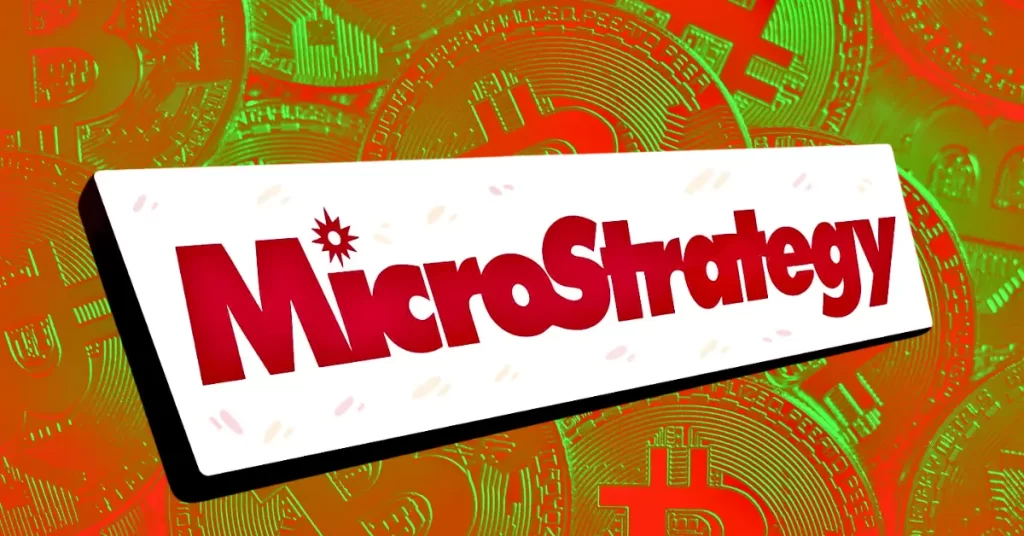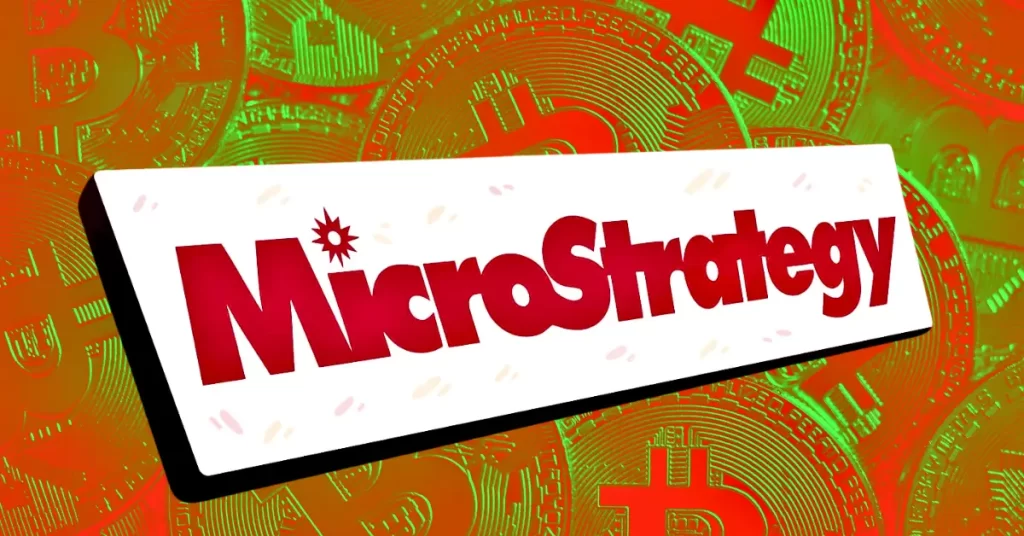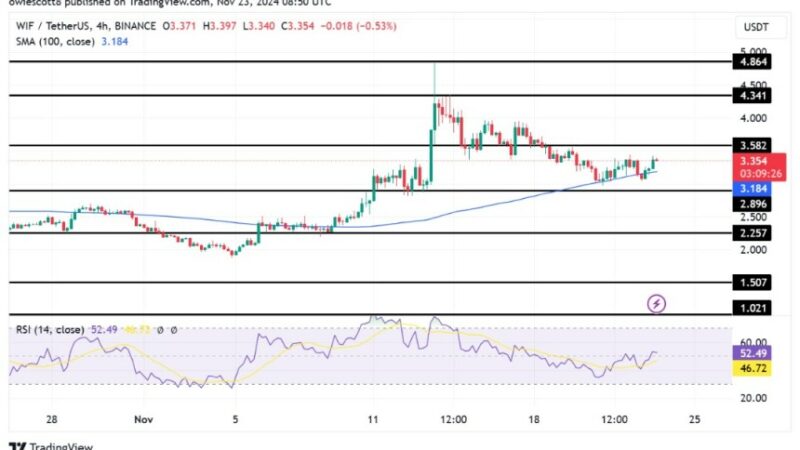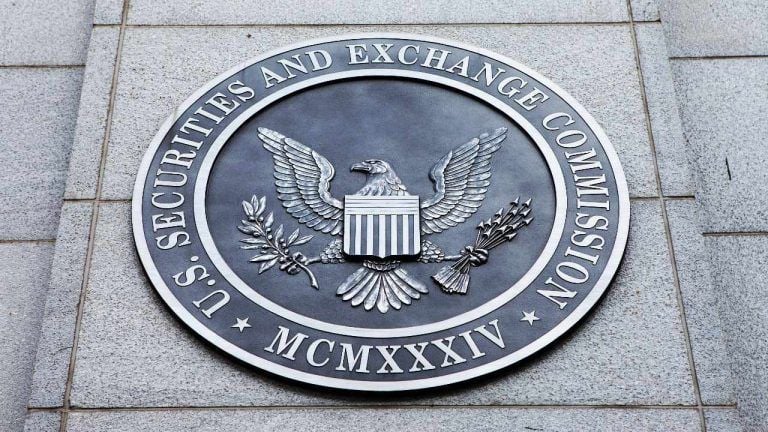MicroStrategy Bitcoin Holdings Raise Liquidity Concerns, Says BitMEX


The post MicroStrategy Bitcoin Holdings Raise Liquidity Concerns, Says BitMEX appeared first on Coinpedia Fintech News
MicroStrategy, the largest institutional Bitcoin holder, has been under the spotlight as BitMEX Research raises questions about its financial structure. The company currently holds $17 billion in Bitcoin, backed by $4.25 billion in debt and a staggering $43 billion market valuation for its stock.
Is MicroStrategy’s rising Bitcoin holding a red flag? Let’s dive into the insight of this report.
Key Financial Metrics: A Closer Look
MicroStrategy, with over 250,000 bitcoins, is trading at a significant premium to its net asset value (NAV), similar to the Grayscale Bitcoin Trust (GBTC) before it became an ETF. The company’s ability to issue more shares at this premium to buy more bitcoins, pushing up its book value per share, creates a puzzling cycle of seemingly unlimited funding. Since starting its Bitcoin strategy, MicroStrategy has raised $4.4 billion through five equity issuances, but the reasoning behind this high premium remains unclear. BitMEX Research points out that MicroStrategy’s stock trades at a premium, driven by what they term an “infinite money glitch” concept.
This notion suggests that the company benefits from continually leveraging its Bitcoin holdings to raise funds, reinforcing its market position. However, BitMEX warns that this premium valuation may not last indefinitely, potentially exposing the company to market corrections if the anomaly dissipates.
The report comes amidst a broader discussion about institutional players leveraging Bitcoin as a balance sheet asset and raises important questions about sustainability in such strategies. Whether MicroStrategy can maintain its advantage or face challenges in the long run remains to be seen.
Doubts on Liquidity Crisis
MicroStrategy has $4.25 billion in debt and $17 billion in Bitcoin holdings, while its stock is valued at $43 billion. Although Bitcoin’s price drop could force the company to sell its holdings, it’s unlikely to happen soon, as any potential liquidation is not expected until 2027-2031. Instead, MicroStrategy may choose to sell Bitcoin proactively if its stock premium fades and bonds near maturity. As long as its stock remains highly valued, the company can keep raising funds without needing to sell Bitcoin.
However, if the stock price falls or the market for MSTR bonds weakens, debt risk could increase, leading to a higher chance of forced selling in the future.


